Who knew that having two smoothies per day could bring so many health benefits?! And in ONLY 21 DAYS!! 🙌
So, how does it work? Check the link and take the ➡️ “21 smoothie diet challenge”
Vitamin D is an essential nutrient that supports bone health, immune function, and overall well-being. For vegans and those who avoid animal-derived products, obtaining adequate vitamin D can be challenging, as many traditional sources come from animal-based foods like fatty fish or egg yolks. However, there are several vegan-friendly options to meet your vitamin D needs.
Top Vegan Sources of Vitamin D
-
Sunlight
The most natural way to get vitamin D is through sun exposure. When your skin is exposed to sunlight, it produces vitamin D. Spending 10–30 minutes outdoors in the sun (depending on your skin type and location) several times a week can help maintain healthy levels. However, factors like sunscreen, clothing, and limited daylight during winter months can reduce synthesis. -
Fortified Foods
Many plant-based foods are fortified with vitamin D. These include plant milks (like almond, soy, or oat milk), orange juice, and vegan yogurts. Always check the label to ensure the product contains added vitamin D. Fortified foods are an easy and reliable way to incorporate this nutrient into your diet. -
Cereal and Oatmeal
Some breakfast cereals and oatmeal are fortified with vitamin D. Look for brands that specify “vitamin D2” or “vegan-friendly” on the packaging. These can be paired with fortified plant-based milk for a double dose of the nutrient. -
Supplements
Vegan vitamin D supplements, often derived from lichen, are a great option for those who struggle to get enough through sunlight or food. These supplements come in two forms: vitamin D2 and vitamin D3. While both are effective, D3 is considered more potent in raising and maintaining vitamin D levels.
Why Vitamin D Matters for Vegans
- Bone Health: Vitamin D helps the body absorb calcium, crucial for strong bones and teeth.
- Immune Support: It plays a role in regulating the immune system and reducing inflammation.
- Mood and Energy: Adequate vitamin D levels can improve mood and reduce fatigue.
Tips for Maintaining Optimal Levels
- Get Regular Sun Exposure: Aim for consistent, moderate exposure to sunlight, but avoid overexposure to prevent skin damage.
- Include Fortified Foods: Make fortified products a staple in your diet.
- Consider Supplements: If you’re at risk of deficiency, especially during winter or in regions with limited sunlight, supplements can be a lifesaver.
By incorporating these vegan sources into your routine, you can ensure you’re meeting your vitamin D needs while adhering to a plant-based lifestyle.

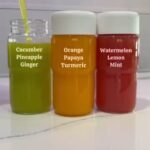

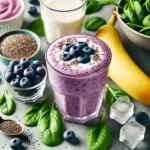


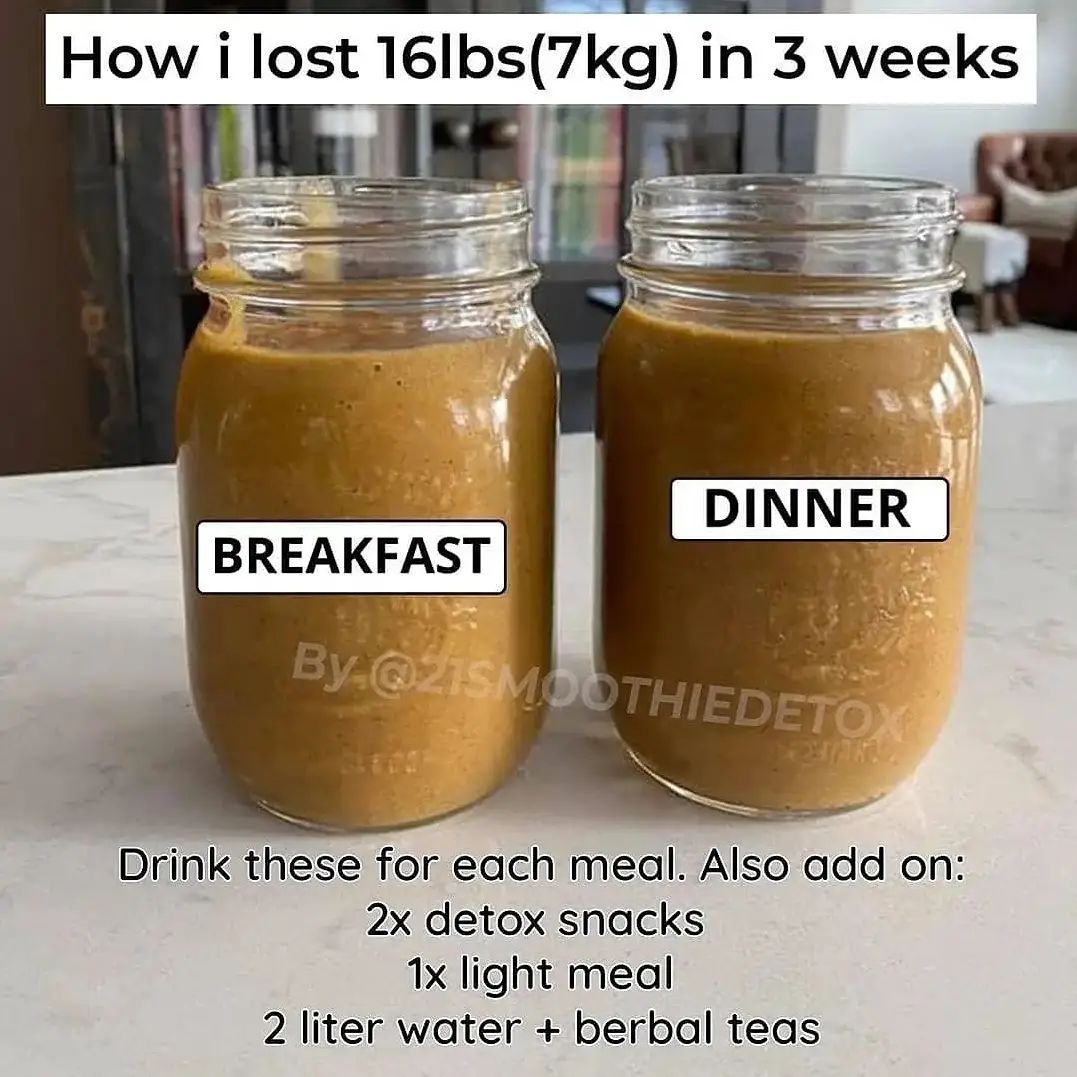
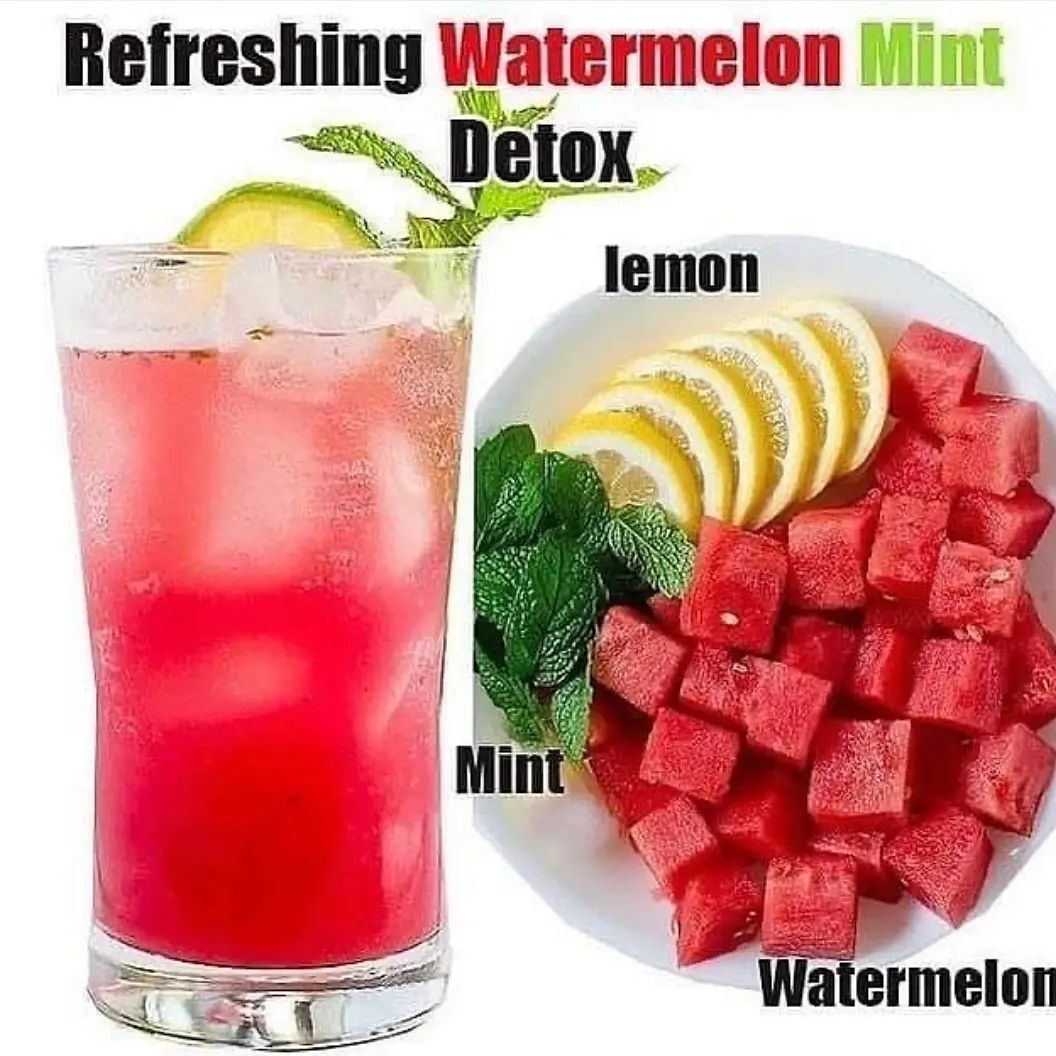
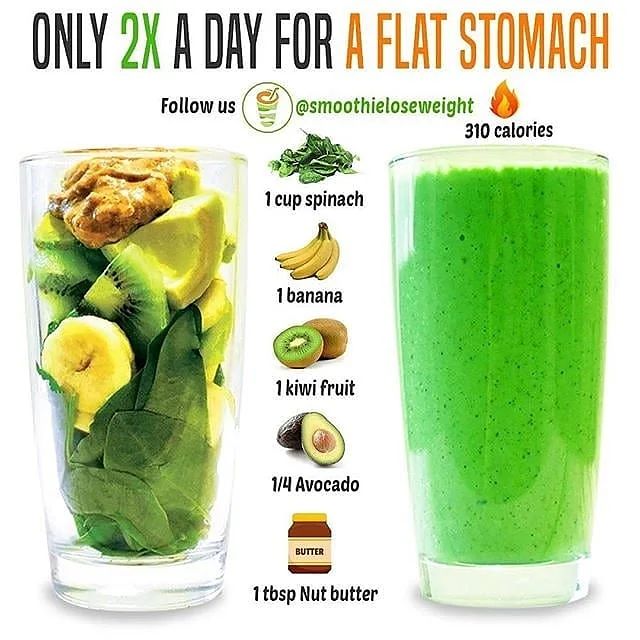


![Follow @conveganence for daily vegan recipes!
•
Recipe (yields 2-3 servings)
🌱Ingredients
- 1 small head cauliflower, wash & cut into florets & pat dry with paper towels
- 1 small green bell pepper, cubed
- 1/2 small red onion, cubed
- 2 cloves garlic - sliced
- 1/4 cup [40g] dry roasted cashews
- 4 dried Thai chilis/red chilis, softened in hot water & drained
- oil for frying & cooking
🌱Batter
- 3/4 cup [96g] all-purpose flour
- 1/2 - 3/4 cup ice-cold water
- 1/4 teaspoon salt
- a few shakes of white pepper
🌱Sauce Mix together 2 tablespoons soy sauce/tamari, 1/2 tablespoon thick dark soy sauce (for color), 1/2 tablespoon sugar & 3 tablespoons Chinese cooking wine/sherry/broth in a bowl & set aside.
✅Place batter ingredients in a large mixing bowl & stir to combine. The batter should be thick like a pancake batter.
✅Dredge florets in batter, shake off excess & fry until golden brown (temperature 375F/190°C & I used a small saucepan). Then drain on paper towels.
✅Alternatively, grease a baking sheet pan with oil, place coated florets on the pan. Brush florets with oil & bake at 485F/
250°C until light golden brown for about 20-25 mins, be sure to flip halfway. For the last few minutes, broil to get a crispier ure (oven time varies)
✅To make the sauce, in a heated non-stick pan with 2 teaspoons oil, sauté onion until translucent. Then add garlic, bell pepper, chili & continue to sauté until fragrant. Slowly pour in the sauce & cook to reduce it slightly. Please adjust the sauce based on the cauliflower's size.
✅Finally, add the cauliflower florets, cashews & quickly toss them with the sauce until all incorporated. Serve with rice for a delicious meal.
*Please be sure to dry florets well before coating or the liquid will slowly thin down
#veganfollowback #veganscotland #scottishvegans #veganig #veganinstaclub #glasgowvegan #scottishvegan #scottishfood #scottishfoodie #glasgowfoodie #scottishfood #glasgowvegan #veganglasgow #naturalprotein #vegetarianbreakfast #breakfasttoast #veganfryup](https://conveganence.com/wp-content/uploads/2021/01/131936854_109446914286957_7383745306959709095_n.jpg)


